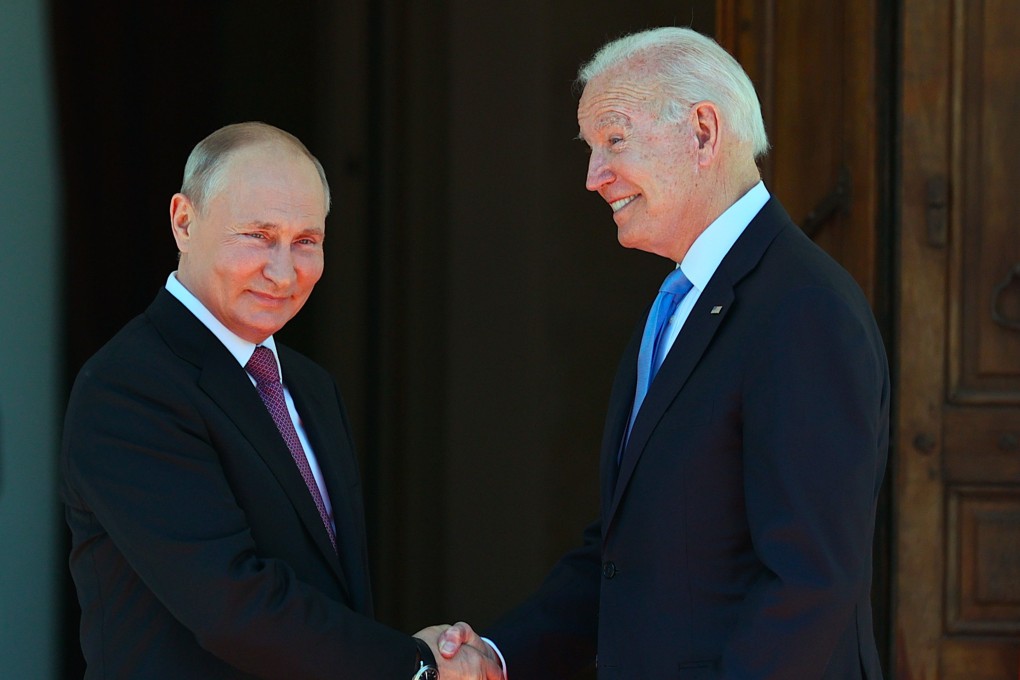Meet Putin at Bali G20 or skip it? Biden stuck between a rock and a hard place
- Even if the US president avoids handshake with the Russian leader whom he has sought to isolate, the pair would be sharing the stage during the meetings and ceremonies
- Biden must also confront the fact that nations like Indonesia are refusing to pick sides over the Ukraine invasion despite his demand that they do so

That opens up the possibility of a direct encounter between Putin and Biden. Even if they avoid a handshake, the pair would quite literally share the stage during the meetings, photo sessions and ceremonial events that mark such a gathering.
“Xi Jinping will come. President Putin has also told me he will come,” Widodo said. “What we want is for this region is to be stable, peaceful, so that we can build economic growth. And I think not only Indonesia – Asian countries also want the same thing.”
With those remarks, Jokowi was all but rejecting Biden’s demand that the global community turn its back on Putin over his decision to invade Ukraine. Biden, who says Putin should be tried for war crimes, had lobbied for Russia to be removed from the G20 after the start of the invasion, and US officials had earlier pressured Indonesia to exclude Putin from the Bali summit.